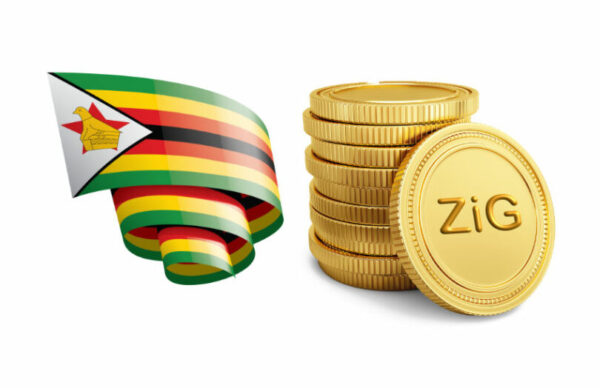The decline in global mineral commodity prices has resulted in a 9% decrease in export receipts during the first nine months of 2023 compared to the same period in 2022.
Rudairo Mapuranga
According to the Reserve Bank of Zimbabwe (RBZ) through a press statement released on Tuesday titled “Resolutions of the Monetary Policy Committee (MPC) Meeting Held on 23 October 2023” prices of minerals such as platinum, lithium and nickel have been declining negatively affecting export receipts in the economy.
The Reserve Bank said the country’s foreign currency generation thereby fell by 9 per cent over the nine months to September 2023, from US$4.5 billion during the comparable period in 2022 to US$3.6 billion.
“Due to the negative developments in the global economy, prices for most mineral commodities including platinum, nickel and lithium have been declining, negatively affecting export receipts in the economy. As a result, export receipts, which are the main source of foreign currency for both the wholesale and retail foreign exchange auctions and for servicing the country’s foreign commitments, fell by 9% over the nine months to September 2023, from US$4.5 billion during the comparable period in 2022 to US$3.6 billion.
“Considering. the emerging global risks and the need to keep the exchange rate and inflation expectations anchored to support economic growth, the MPC made the following resolutions:
Interest rates
With immediate effect, the Bank Policy rate has been reduced from 150% to 130% per annum and the medium-term Bank Accommodation (MBA) interest rate for the productive sectors including individuals and MSMEs will be maintained at 75% per annum.
Foreign Currency Retentions
With effect from 1 November, foreign currency retentions on exports shall be standardised at the level of 75% across all sectors of the economy and all special dispensations granted to some sectors of the economy shall be removed. The net effect of this measure is to increase foreign exchange resources available to the Bank and Government to meet foreign exchange requirements for the settlement of national and international obligations.
Promotion of No-Frills (Low-Cost) bank accounts
Financial institutions are encouraged to scale up financial inclusion through the opening of Moreno-frills (low-cost) accounts. This measure will promote more usage of banking services and financial products, including increased use of bank cards, digital financial services and other cash-lite means of payments in the economy. In order to complement efforts to formalise the economy and to give more impetus to the use of non-cash-based means of payment in the economy, it is recommended that Government considers removing Intermediated Money Transfer Tax(IMTT) on transactions that are intermediated through plastic bank cards and other digital platforms.
Trading Margins
In order to support the continuous fine-tuning and further liberalisation of the foreign exchange market, with a view to guaranteeing and safe guarding exchange rate stability, it is recommended that the limit of 10% trading margin above the interbank rate be removed.
Zimbabwe Gold (ZiG)
Since its introduction as a medium of exchange on 5 October 2023, the use of ZiG has been embraced widely in the economy and its continued dual use as a value preserving instrument and a medium of exchange in the economy will go a long way in supporting digitisation, financial inclusion and the overall stability of local currency.
The MPC will remain alert to attend to any emerging risks, emanating from both the domestic and international fronts, in its commitment to ensuring stability in the exchange rate and general price levels.
.png)




